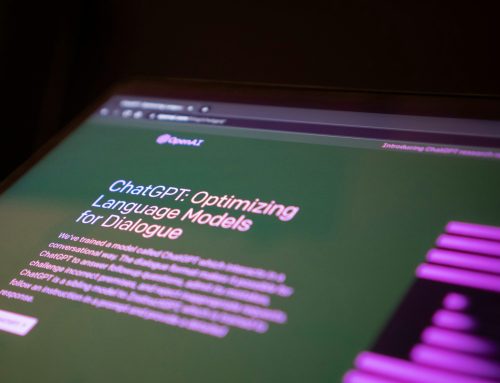Ecological Psychology (EP) is an influential alternative approach to mainstream cognitive science for understanding mind and behavior. While classical approaches focus on what is inside the head, EP instead focuses on what the head is inside of and examines the meaningful action possibilities or affordances that an environment offers to animals for navigating their surroundings. While this concept has been productively used in fields such as neuroscience and robotics, its utility in the social sciences to study complex cognitive-social phenomena such as social cognition, social interactions, and collective behavior has been relatively underexplored. For instance, what meaningful action possibilities do humans afford each other during intersubjective encounters, from romantic relationships and team sports to instances of conflict and racism? How do members from different social groups see, think, and act together in rapidly evolving social environments? Do such environments offer different affordances to members from various social groups, such as immigrants and Indigenous Peoples? This project uses empirical findings and conceptual resources from sociology, ecological psychology, and philosophy to build a theory of social affordances for studying human social behaviors in the contemporary social world. The project contributes to empirical research in social cognition and interaction and lends insight into philosophical debates on collective intentionality and social ontology.
There is growing public and national security concern about information threats (mis/dis-information, propaganda, fakes). In the defense context (including Canada and its allies) this problem is increasingly conceptualized as one of “cognitive security”. Yet little has been said about what exactly cognitive security might consist of, and considerations which seem self-evident from the security frame reveal complex, contested, and nuanced issues when translated and brought into contact with relevant scholarship. For example, if some access to our infosphere is illicit, or if some kinds of content are pollutants, corresponding accounts of legitimate influence and information ecological health are required. Importantly, if changes to the structure, norms, and power relations in the media environment are required in the face of adversarial action – then understanding the likely collateral effects, ethical implications, and epistemic interactions, and their significance, demands expertise and input from far outside the security community. Working behind the scenes with media platforms and infrastructure providers, while appearing to adopt a light touch and to maximize respect for democratic norms, risks serious harm to genuine public interests, and renders socially important and value-laden judgements opaque. This project will cultivate interdisciplinary research and policy engagement to inform democratic response to information threats.
This Think Tank project addresses the rapid advancement of computational techniques and their application in scientific research. While these methods offer promising avenues for exploration, their complexity outpaces our understanding. The team aims to establish a computational epistemology, enabling a detailed comprehension of how, when, and why these techniques work. Doing so will contribute directly to the Rotman Institute’s mission, to address deep problems in frontier research and the challenges raised by new technologies. The think tank supports collaboration among scientists, computer scientists, and philosophers. By integrating practical knowledge based on applications with computer science and philosophy, they will develop a common language and evaluative tools.






